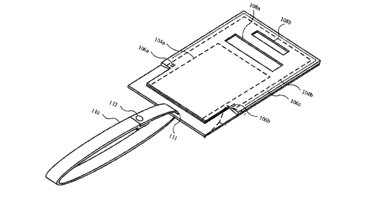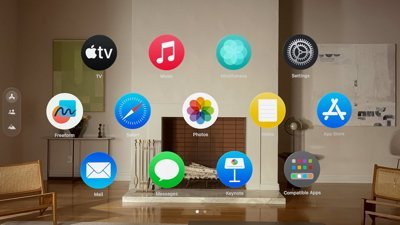Mass production of Apple's A5-, Qualcomm-powered iPhone 5 rumored for Sept.
Analyst Ming-Chi Kuo with Concord Securities issued a note on Monday offering alleged details of the next iPhone. His checks with supply chain sources indicated that the next handset from Apple will not feature an all-new-design, but rather only "slight modifications" from the iPhone 4.
Specifically, Kuo has heard that the iPhone 5 will include the faster A5 processor already found in the iPad 2, as well as a higher resolution 8 megapixel rear camera. He has also been told that Apple will switch to a Qualcomm baseband for both GSM and CDMA models, along with an improved antenna design.
Kuo has also been told that the new iPhone will go into trial production in August and mass production in September, allowing Apple to reach shipment volumes of between 28 million and 32 million units this year. That would align with previous reports that have indicated Apple plans to make its new iPhone available for sale later than usual this year, likely in Apple's next fiscal year beginning in October.
The earthquake and tsunami disaster have reportedly resulted in constrained supplies for Apple, which plans to focus components toward building the new iPhone 5 later this year. As a result of those component shortages, Kuo said to not be surprised if a new fifth-generation iPod touch is not announced as usual in September this year.
Kuo's report also presumes that Apple will unveil its fifth-generation iPhone at this year's Worldwide Developers Conference, scheduled for June 6 through 10 in San Francisco. However, other reports have indicated that Apple does not plan to introduce any new hardware at this year's event, choosing instead to focus on iOS 5 and Mac OS X 10.7 Lion software.
In addition, if Kuo's information about production in September is correct, it is highly unlikely that Apple would announce a new iPhone in June, three months before the device is even scheduled to be built in large quantities.
Regardless, Kuo said he believes the "main selling point" of the iPhone 5, due to its similar design to the iPhone 4, will be the new iOS 5 mobile operating system. Kuo expects a more dramatic hardware change to the iPhone in 2012 when the presumed sixth-generation model will arrive.
Kuo said he has heard that Apple plans a new design and greatly improved hardware specifications for the sixth-generation iPhone. Sources have also indicated that the device could go on sale in the first half of 2012, an earlier-than-usual date due to "fierce competition" with Google's Android mobile platform.
In January, Kuo correctly claimed that Apple's iPad 2 would feature the same 1024-by-768-pixel display as the first-generation iPad, and that it would use the same cameras as the iPod touch, which are of lower quality than the iPhone 4.
Kuo also said in March that Apple was set to begin production of the white iPhone 4 and ship the device in April. Last week, numerous reports confirmed that Apple will make the white iPhone 4 available for sale in the "next few weeks."
 Neil Hughes
Neil Hughes










 Chip Loder
Chip Loder
 Wesley Hilliard
Wesley Hilliard
 Malcolm Owen
Malcolm Owen


 William Gallagher
William Gallagher

 Christine McKee
Christine McKee







